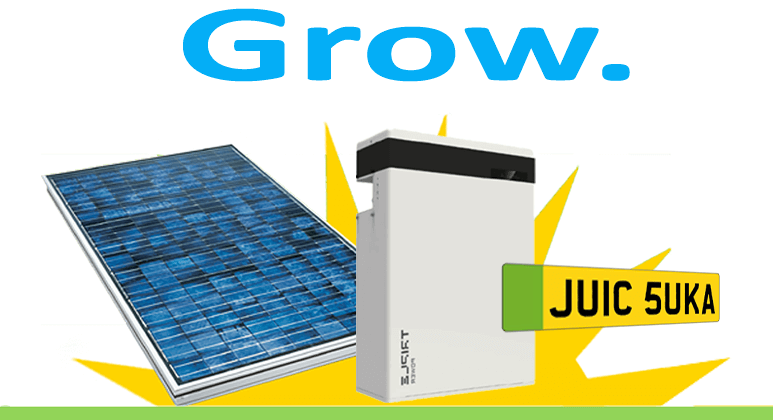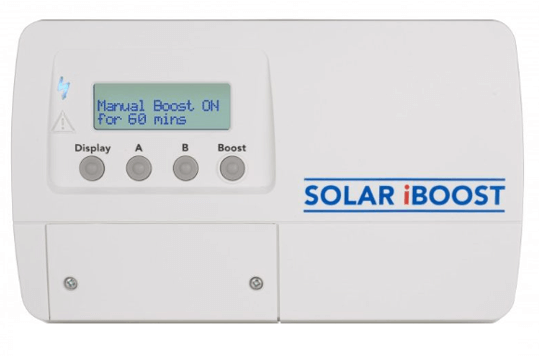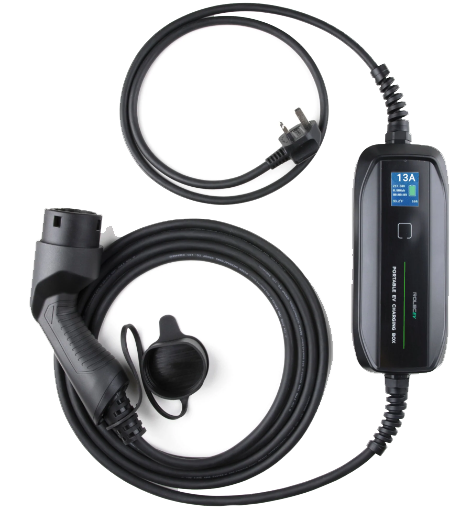

PV solar panels with storage options
"PV (photovoltaic) solar panels with battery storage allow self-generators to squirrel away power for 24/7 power access. These savvy additions mean the magic of solar panels comes with additional benefits. Sixty five percent of domestic energy costs get racked up in the evening. Battery storage lasts approximately ten years and another decade at around 80% of the original capacity."
Stuart Lovatt
Creator of Power My Home.

The science bit.
Lithium Ion Phosphate (LFP) chemistry is preferable to Cobalt batteries as they increase charge cycles and switch device flow seamlessly. 5.8-24 KW storage options are available. However, not all battery storage options offer the same benefits. Therefore, I help direct new adopters through my consultancy work.
How many evening hours?
Several, but this depends on consumption and storage size.
How long do the batteries last?
Typically, 6000 recharging cycles from a drain to full charge, but up to 8000 dependent on the drainage routine. The system will switch between devices on-demand and seamlessly. In comparison, the average EV battery needs changing after 40-70,000 miles of use.
Can I self-install?
DIY installations are not possible due to MCS accreditation requirements.
PV storage in a hot water tank
Commonly known as PV-to-heat converters, this nifty device allows you to benefit from plentiful amounts of free hot water daily. Traditionally, flat-plate solar heating panels and evacuated solar tubes were popular until the advent of these converters. Divert your surplus power towards heating your water tank with this addition.

The science bit.
This nifty device means you don't have to pay to import expensive electricity for hot water. Water heating is typically 25% of a household's costs. Water temperatures rose to 75 degrees Celcius between March and October.
What savings can I expect?
This answer depends on the size of your PV system and the amount of hot water you use, but a four-person family with a 4KW PV panel system can expect to save approximately 70% of water costs per year.
Do I need a hot water tank?
Yes. A hot water tank with an immersion heater element. The management system will adjust the coil input according to demand throughout the day.
Can I still use Economy 7?
Yes, The system has a built-in timer that allows three easy-to-use options. These heat converters can be programmed to take advantage of your off-peak supply.
Can I self-install?
DIY installations are not possible due to Part P requirements. Work alongside a local sparky to self-install.
PV storage with EV charging
Currently, most of your car charging will come from importing from the National Grid at great expense. This nifty device allows you to use power from your solar panels on a sunny day. Charging with solar panels brings sunshine to charge an electric vehicle without the expense of traditional charging points. EV charging points draw significant amounts of electricity, so ensure a 'free charge' by not importing from the grid.

The science bit.
Solar panel charging is the only answer to expensive EV charging. A transmission line's resistance is 66% when generating electricity for a charge point from the generation source. Therefore, divide a Tesla's charging amount of 56 kW by 33% to ascertain the power to charge - 169 KWh! Cold weather sucks 25% more electricity to charge.
Will solar panels give me all my mileage demand?
Possibly, but dependent on factors, including demand and the ability to charge during daylight hours. If you can charge up during sunshine hours, it's then plausible to self-generate your mileage from the sun.
Can it be used with all modern vehicles?
Yes. Every electric vehicle currently on the UK market can charge quickly from our two lead consoles during the day. Even using a standard 13 amp standard socket could fully charge overnight.
New world savvy.
"I've witnessed many fantastic changes, innovations, and installation companies come and go. My fellowship with ethically-minded MCS solar panel installers goes back decades. Today, I offer my experience to ensure you gain real independence from this crazy geopolitical world."
Stuart Lovatt
Power My Home Solar Panels
Sundial House, Panton Road, Chester CH2 3HX.
01244 722 607
Est. 2004.